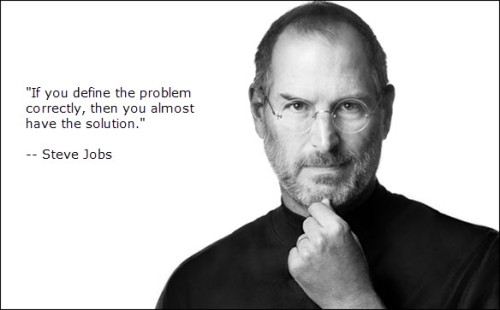
Foto door Rodolfo Quiru00f3s op Pexels.com
We should regularly read the Bible, the infallible Word of God. In that collection of different books we might find all sorts of reliable stories, poetry, proverbs, and wisdom that can feed our spirit to grow in knowledge and to a better personality.
When reading the Bible you should ask yourself some questions:
- Principle 1: Read for the author’s meaning, not your own.
When we read, we want to know what an author intended us to see and experience in his writing. He had an intention when he wrote. Nothing will ever change that. It is there as a past, objective event in history.
We are not reading simply for subjective experiences. We are reading to discover more about objective reality.
I’m not content with what comes to my mind when I read it. The meaning of a sentence, or a word, or a letter is what the author intended for us to understand by it. Therefore, meaning is the first aim of all good reading. - Principle 2: Ask questions to unlock the riches of the Bible.
When we read, we generally do not really think until we are faced with a problem to be solved, a mystery to be unravelled, or a puzzle to be deciphered. Until our minds are challenged, and shift from passive reading to active reading, we drift right over lots of insights.
Asking ourselves questions is a way of creating a problem or a mystery to be solved. That means the habit of asking ourselves questions awakens and sustains our thinking. It stimulates our mind while we read, and drives us down deep to the real meaning of a passage. - Principle 3: At every page, pray and ask for God’s help.
Reflect on how Christians today should live in light of this passage, and consider what impact it should have on your life.



















































